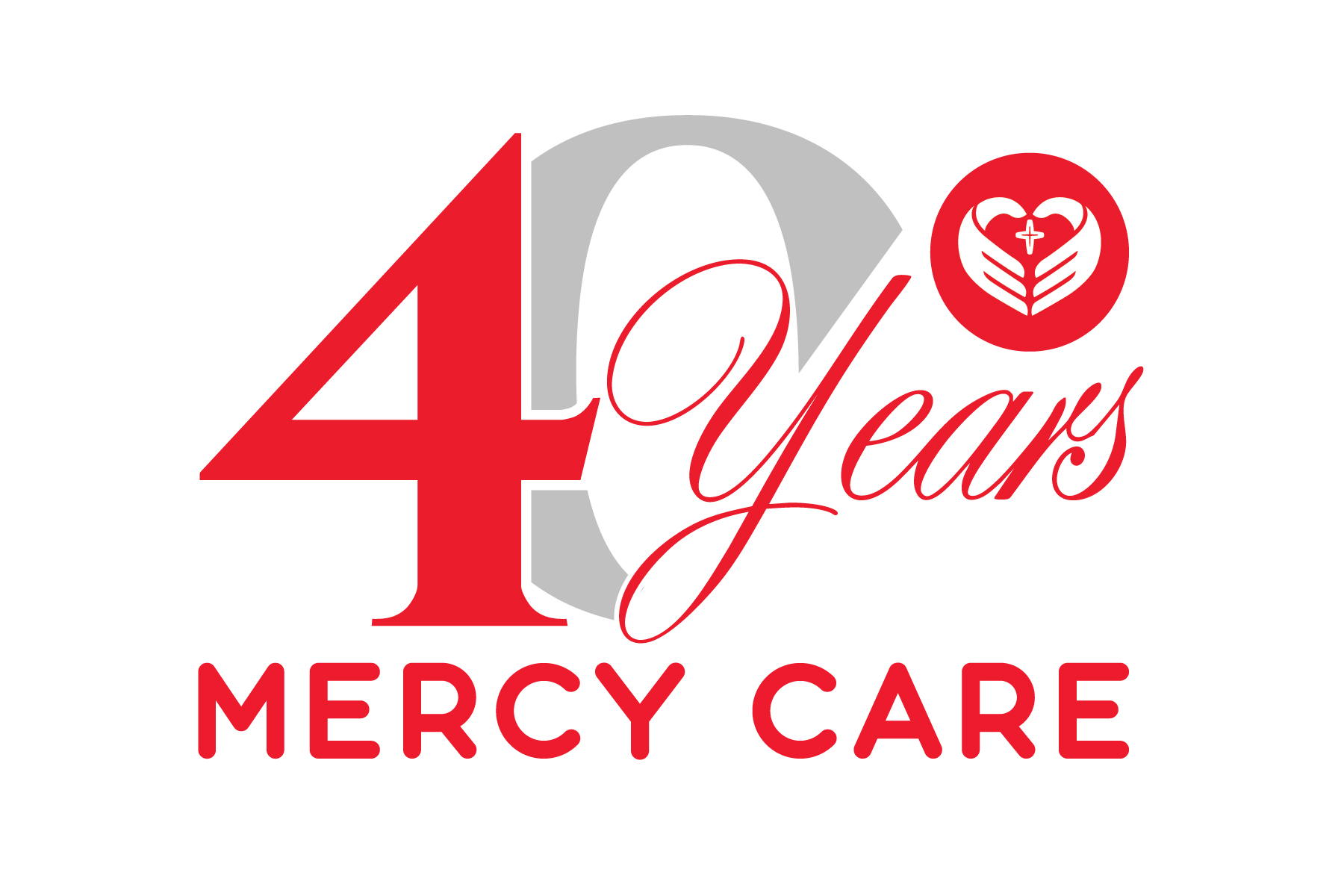A medical home for families
Maria’s visit for a sore throat brought her to Mercy Care. As her family began to grow, it became their medical home. Maria brought her newborn daughter and step-son to see Mercy Care’s pediatricians. But the family had more than just their physical needs met.
With each visit, they received a mental health screening and an assessment for social determinants of health. Through these non-medical screenings, Mercy Care staff can assess the need for housing, safety, and access to healthy food. These factors can be the difference between a family just surviving or thriving.

When a parent must decide between paying rent and getting food, healthcare is not a priority until it’s an emergency. Mercy Care brings healthcare to those who need it most and can least afford it.
When a refugee family arrives in the United States escaping an abusive dictator, usually they are granted asylum. But when a family is trying to escape extreme poverty conditions or a domestic abuser, they are more than likely turned away. Many families choose to stay here because being undocumented is preferred to keeping children in an abusive home.
Twelve-year-old Hugo was sent to the United States to seek safety from his abusive father. Even though he is safe living with his aunt, she noticed behavior consistent with trauma. Hugo’s aunt brought him to Mercy Care, where doctors and staff helped Hugo and his aunt get the support they needed: through medication, therapy, and even school enrollment.
Regardless of a child’s citizenship status or a family’s financial status, Mercy Care ensures Atlanta’s poorest children have access to quality healthcare, but this is only possible with your help.











